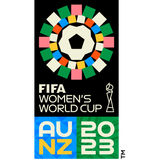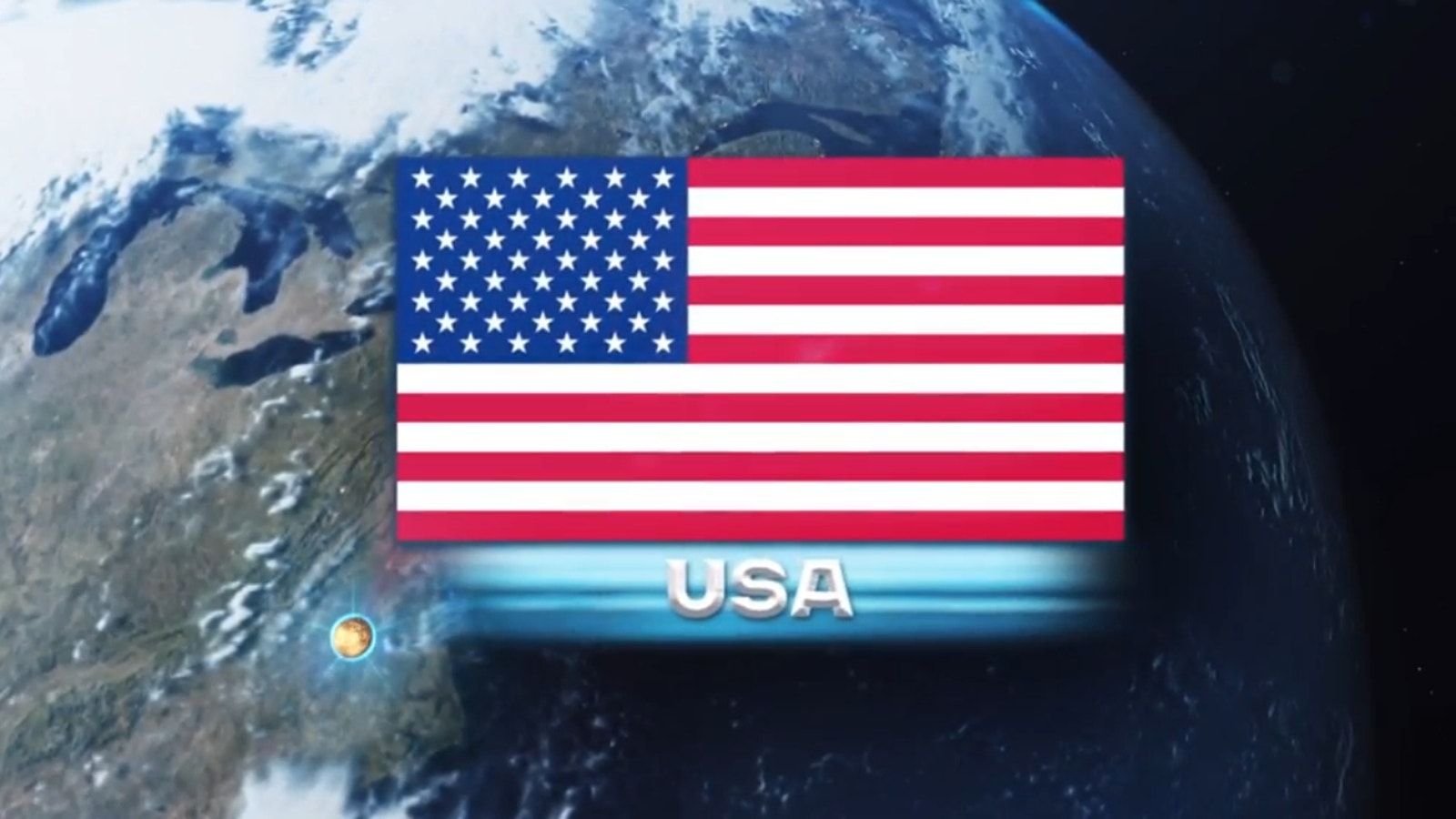
In bid for World Cup three-peat, USWNT aims for soccer's most elusive feat
The term "three-peat" is rarely used in international soccer, which is mostly because it is almost exclusively an American saying, with an interesting backstory and, rumor has it, a famous creator.
More on that later, but the reality is that whatever you want to call winning something back-to-back-to-back, when it comes to the most important events in the men's and women's game, such language has never actually ever been needed.
At no point in the long history of the World Cup, dating back nearly a century for the men and since 1991 for the women, has a team managed to clinch three championships on the bounce and in very few cases has gotten anywhere close to doing so.
Quite the challenge awaits for the United States, then, despite being world No. 1 and a strong betting favorite when this year's Women's World Cup begins in Australia and New Zealand (vs. Vietnam on July 21 at 5 p.m. ET on FOX and the FOX Sports app).
Having won it all in 2015 and 2019, the squad headed by veterans Alex Morgan, Megan Rapinoe and Lindsey Horan must accomplish a first in soccer history if it is to live up to its top billing.
"The competition is not going to be any easier than previous ones, it may be even harder," head coach Vlatko Andonovski told me. "We keep hearing that the competition is getting closer and how it is getting tougher. I actually think the competition started getting tougher 25 years ago, we just had a great staff that found a way to push this team and get the standards a little bit higher to keep them on top.
"It is our responsibility to do the same in this tournament, push the team that extra 1 percent, to be the best or to stay the best."
[USWNT's secret to sustained success? A mentorship circle that keeps paying it forward]
Even some of the best players in history tried and failed to land three in a row. With Brazil, Pele won his first World Cup as a teenager in 1958 and added a second in 1962 despite being injured in the second game. By 1966, his legend was already great enough that Brazil's opponents decided the only way to stop him was to resort to fouling at every turn, a tactic effective enough to cause a group-stage exit.
Pele was instrumental in Brazil winning again in 1970, but there was to be no three-peat.
Argentina's triumphs in 1978 and 1986, one with Diego Maradona and one without, had a 1982 failure sandwiched in between. Italy's wins in 1934 and 1938 were followed by a pause caused by World War II, and it lost early when the competition resumed in 1950.
As dominant as the USA was in early Women's World Cups — superb in 1991 and iconic in 1999, that glory run was interrupted by Norway's impressive victory in 1995.
In 2011, Germany's women looked to be a likely option for a triple triumph. But having won in 2003 and 2007, the tournament host came unstuck in the quarterfinal, eliminated in a huge upset by a Japan team that would go on to beat the Americans on penalty kicks in the final.
[How USWNT's Trinity Rodman models her game after her NBA father's]
The difficulty for the Americans is that the challenge is that much greater now. You only have to go back 12 years and the Women's World Cup had only 16 teams, which meant that once the group stage had been navigated, you were straight through to the quarterfinal.
Now the World Cup has expanded to 32, and even in the group stage things aren't easy, with 2019 finalist the Netherlands in the same cluster as the USWNT this time. At every stage from the round of 16 onward, the USA should expect to face an opponent that believes it is capable of creating an upset.
If Andonovski's players slip to second in Group E, the challenge will probably get even harder, with a likely showdown against Sweden, followed by European heavyweights Spain.
Add to that the reality that every other team in the world regards beating the Americans as the ultimate feather in the cap, and the toughness level just got taken into a new stratosphere.
"We go out there with the belief and intention to beat everybody," USWNT star Crystal Dunn said. "But we know that everybody wants to go and beat us, too."
[Alex's Morgan father, the ultimate soccer dad: ‘He’s literally at everything']
It's no fun if it's easy, right? Spend any time listening to the Americans speak, and it is very clear they have no intention of letting anything stand in their way, whether it be motivated opposition, soccer history, or whatever other challenges await in Australia and New Zealand.
And you can bet your last dollar that if they do win, you'll start hearing all about a three-peat, soccer convention be damned.
Which brings us back to the top. And … to the world of basketball.
There has long been a rumor in NBA circles that the trademark to the term "three-peat" is owned by none other than Pat Riley, in which case we'd quickly better start referring to it as a "three-peatTM" – because it doesn't pay to rankle the Godfather.
Trademark or no, three in a row — even with all the associated pitfalls — that's the goal that faces the Americans. And it is a lofty task, with the road ahead of them more potholed than ever before.
Claiming a third consecutive title, quite simply, would mean soccer immortality. However you want to slice it, whatever you want to call it.
Martin Rogers is a columnist for FOX Sports and the author of the FOX Sports Insider newsletter. Follow him on Twitter @MRogersFOX and subscribe to the daily newsletter.

